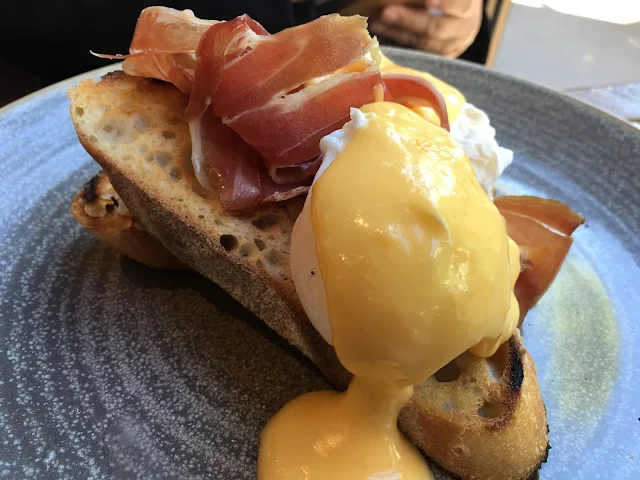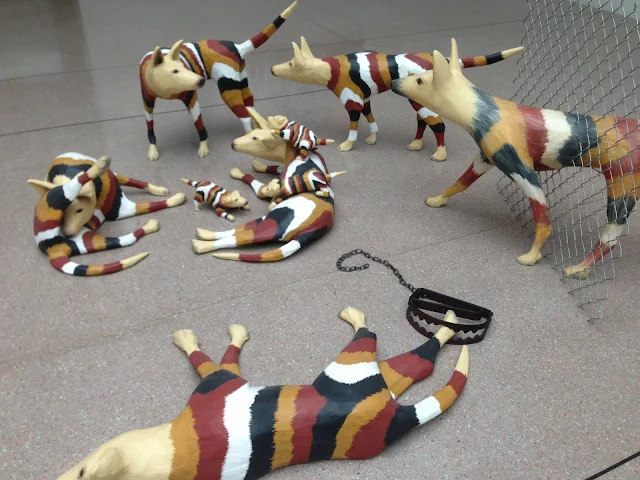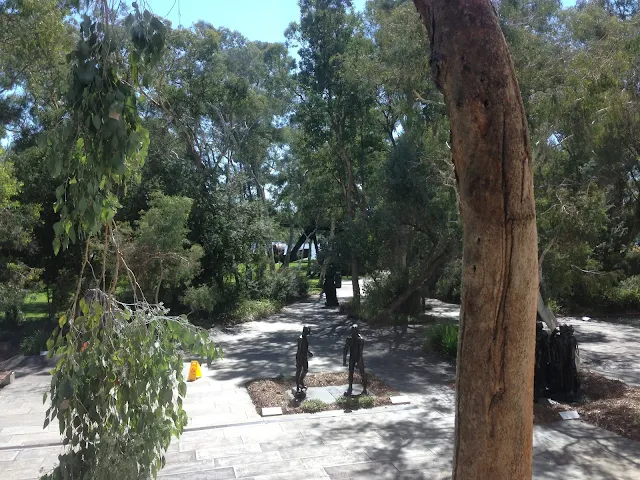Euopean states have often been ravaged by war, with national boundaries changing, religious allegiances enforced, new generations adapting to learn different languages and political systems transforming in constant flux. Although most of these states can be small in size, there are a few large players - Germany, France and Russia - that have exerted their cultural, economic and political clout on the landscape of Europe in different centuries.
The stress and dislocation caused to civil populations in the last century had made many Europeans emigrate to new opportunities in the USA, Australia, New Zealand, Canada and the United Kingdom. The constant scenarios of instability, military conquest and economic uncertainty had encouraged the several cantons of the Swiss Federation to declare a strong political neutrality.
The Roman Empire set the tone early more then 2000 years ago in its drive for territory expansion, control of trade routes and increasing its brand of Greek based civilisation and so called Western values. And then this Empire was overwhelmed by the Ottomans, especially in the Eastern Roman Empire and in the Iberian region.
Waking up from the Dark Ages, Europe went through its Renaissance and Age of Enlightenment. With a technologically superior array of skills, tools and military equipment, the more advanced Euro states began to look outward.
Adventurers under the sponsorship of Spain reached the Americas by crossing the Atlantic, initially hoping to reach India. not realising they had headed in the wrong direction.
The Arabs and the Ming Dynasty Chinese had already effectively harnessed the power of monsoonal winds to come to India, Africa and South-east Asia. Once Bartolomeu Diaz successfully sailed around the Cape of Good Hope, the limitations and shackles of the land route from Europe to China, the Silk Road, were removed.
The interim drive to discover new lands in the European mind was embedded by the delights and benefits of the spice trade. Think of spices as powerful as petroleum, clean water, sustainable energy, data and internet connections today.
Thus began the age of colonialism, economic utilisation and occupation of other civilisations by the European powers - Portugal, Spain, Holland, Belgium, France, Germany, Britain and to a minor extent, Italy. Almost every corner of the non European world was taken over for control in Africa, Asia, the Middle East, Oceania and the Americas, except for Thailand, Siberia and inland regions of China.
The British had already colonised Ireland, while losing the USA earlier in 1776. The British East India Company established its first outpost in South East Asia in Penang in 1786.
The European powers in this manner disseminated the use of their own languages, cultural habits, administrative structures, political thoughts, technology like railways and sharing of their DNA. The globalisation effect strengthened, with an exchange of ideas, culinary influences and socio-cultural practices. Fusion in society was reinforced, like what happened to the Anglos, Gauls, Germania and Eastern Europe at the height of the Roman Empire.
Some European colonists tended to ignore the existence of prior societies before they "discovered" them. Indigenous populations were especially vulnerable to the arrival of the European colonists. Foreign diseases, religions and trade arrived with various implications. Some powers were more violent in their treatment of their new subjects, others more benign. Various ethnic groups who prior had no relationships with each other found themselves saddled in the same country newly formed by the colonists.
Then came the two World Wars of the 20th century, with their breakouts initially happening in Europe. The Imperial Japanese military occupation of east and south east Asia had Japan urging these other Asians to throw off the yoke of European rule. A series of national independence declarations occurred especially in the decade after the Hiroshima and Nagasaki atomic bombs were dropped by the USA. Returning colonials in 1945 found a new political attitude in their subjects around the world.
The last significant colony given up by an European power was Hong Kong in 1997.
Previous subjects of colonised countries have come to settle in the land of their previous political masters. This is especially evident in the UK, France, Italy, Holland and Spain. Being legally settled in one EU nation means a liberating ability to be mobile throughout in seeking jobs, enjoying holidays, forming relationships and setting up businesses in fellow EU states.
A recent trend of heightened political correctness has had some European countries accepting large numbers of refugees and other categories of migrants from the Middle East and Africa, where war, economic decline and social disorder has been the norm on ours news media.
Germany and France continue to dominate the economic and other key affairs of contemporary Europe, while a revived Russia post the Communist era, now looks set to be a significant player on the world stage, together with China and the USA, in the 21st century.
The story of Europe continues, with a troubled record of union and now with the attempt of the United Kingdom to leave the EU. The borderless arrangements for travel, trade and financial integration within the EU can prove to be a two edged sword, particularly in a world facing the Fourth Industrial Revolution.













